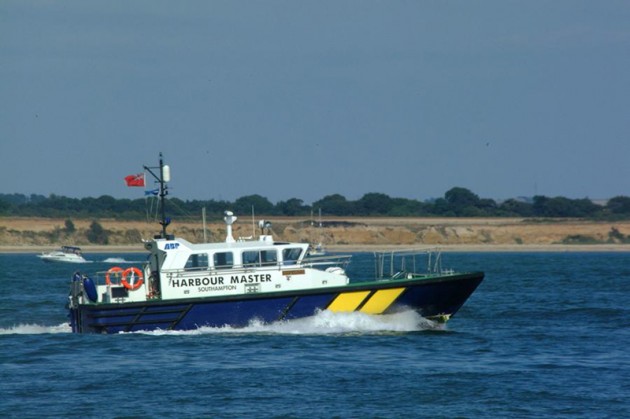A code to help challenge 'unlimited' harbour authority powers
A ‘Code of Conduct’ that harbour authorities will be expected to abide
by when using extended powers provided by the
Marine Navigation (No.2) Bill, has been agreed.
The Royal Yachting Association (RYA), British Ports Association (BPA), UK Major Ports Group (UKMPG) and the UK Chamber of Shipping (UKCoS) have reached agreement on the code, which aims to provide harbour users a means of challenging unreasonable harbour directions.
The code was developed in response to
the Marine Navigation (No.2) Bill, which has now passed through both
Houses of Parliament and is expected to receive Royal Assent later this
year.
Gus Lewis, RYA head of legal and government affairs, said: ‘The code will provide harbour users with a means of challenging proposed harbour directions through a local Port User Group (PUG).
‘If no resolution can be found, organisations such as the RYA or the Chamber of Shipping will be able to refer the disputed directions to an independent third party.
‘We will need to be vigilant to ensure that the powers granted under the Bill are not abused by harbour authorities to impose unreasonable restrictions on recreational boating activity.
‘In the committee debate in the House of Lords, however, Lord Attlee repeated the Shipping Minister’s assurance that the Government would expect any harbour authority applying for designation to have agreed to the code of conduct.
‘He went on to say that he did not anticipate that the Code of Conduct would be ignored in future years; furthermore, the designation order would be kept under review and a harbour authority could be de-designated if that were warranted.
‘In light of the comments of both the Shipping Minister and Lord Attlee, we expect harbour authorities to act in accordance with the Code of Conduct.’
The RYA was concerned that, while the Bill provides extended powers to harbour authorities to regulate activities in their harbours, there was no provision for a check or balance to govern the exercise of this power.
The organisation wants to safeguard users against inappropriate or unjustified directions, particularly since the failure to comply with a harbour direction will be a criminal offence.
Guy adds: ‘We would have preferred a statutory safeguard to be included on the face of the Bill, and we were successful in harnessing support for this from a number of MPs and Peers”
‘However, any amendments would have delayed the Bill’s passage such that it ran out of Parliamentary time, which neither the Government nor the Opposition were prepared to countenance.’
Julian Hansen, RYA member and Chairman of the RYA cruising and government affairs committee said: ‘I attended some of the meetings the RYA had with BPA, UKMPG and the Department for Transport and was impressed by the respect in which the RYA is held by legislators, who realise that we are an effective organisation that they need to listen to.’
For more information go to www.rya.org.uk/infoadvice/currentaffairs
(Picture: A stock image of ABP Harbour Master, Southampton. (c) FreeFoto.com)




